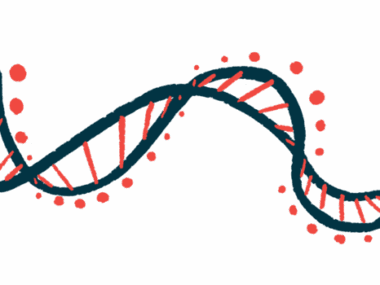Study will explore factors that affect response to Trikafta in CF
Five-year effort funded through a $2.9 million NIH grant
Written by |

A study will explore why some people with cystic fibrosis (CF) respond better to Trikafta than others.
The five-year study, led by Arkansas Children’s Research Institute, is being funded through a $2.9 million grant from the National Institutes of Health (NIH). The project is being led by Jennifer Guimbellot, MD, PhD, chief of pediatric pulmonary and sleep medicine at Arkansas Children’s Hospital and the University of Arkansas for Medical Sciences.
“Together, we will shift the paradigm of care for cystic fibrosis by improving the understanding of the optimal concentration and dosing for each patient’s lung function and tolerance of therapy,” Guimbellot said in a press release.
CF is caused by mutations in the gene that provides instructions for making the CFTR protein. Defects in the protein’s production result in an unusually thick and sticky mucus being made that builds up in the lungs and other organs to drive most CF symptoms.
Studying who doesn’t benefit from Trikafta
Trikafta is a combination therapy that contains three CFTR modulators, elexacaftor, tezacaftor, and ivacaftor, that are able to boost the activity of the mutated CFTR protein. Enhancing CFTR function allows the body to make thinner mucus, ultimately easing disease complications. The therapy, sold by Vertex Pharmaceuticals, was approved in the U.S. in 2019 and has revolutionized care for CF.
“[Trikafta] has changed the way we thought about life with cystic fibrosis,” Guimbellot said. “Patients are engaging in activities that may have been limited just a decade ago — running marathons, having long-term careers and families, and planning for a much longer lifespan.”
Some patients don’t benefit from Trikafta, however. The therapy only works in people who carry specific mutations and some people who do have eligible mutations don’t respond well for reasons that aren’t known. Patients may also have side effects that make it difficult to take Trikafta.
The goal of the new observational study is to sort out why some people respond better than others and why some have very problematic side effects. The researchers will evaluate factors such as how the body processes the drug, genetic variations, and to see if different doses work best for different people.
“Our goal is to transition the standard of care to a truly personalized and patient-centered approach to modulator therapy,” Guimbellot said.







